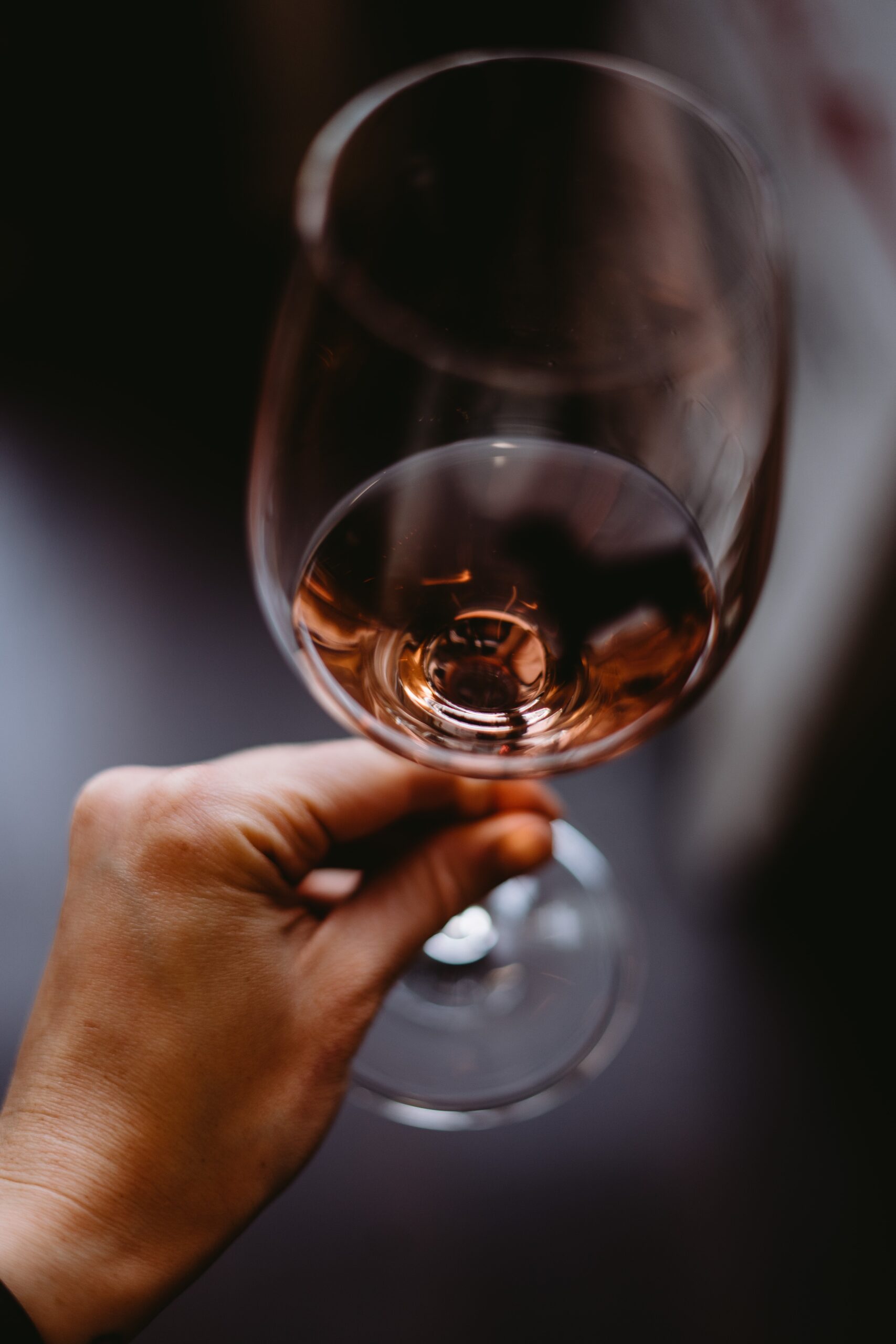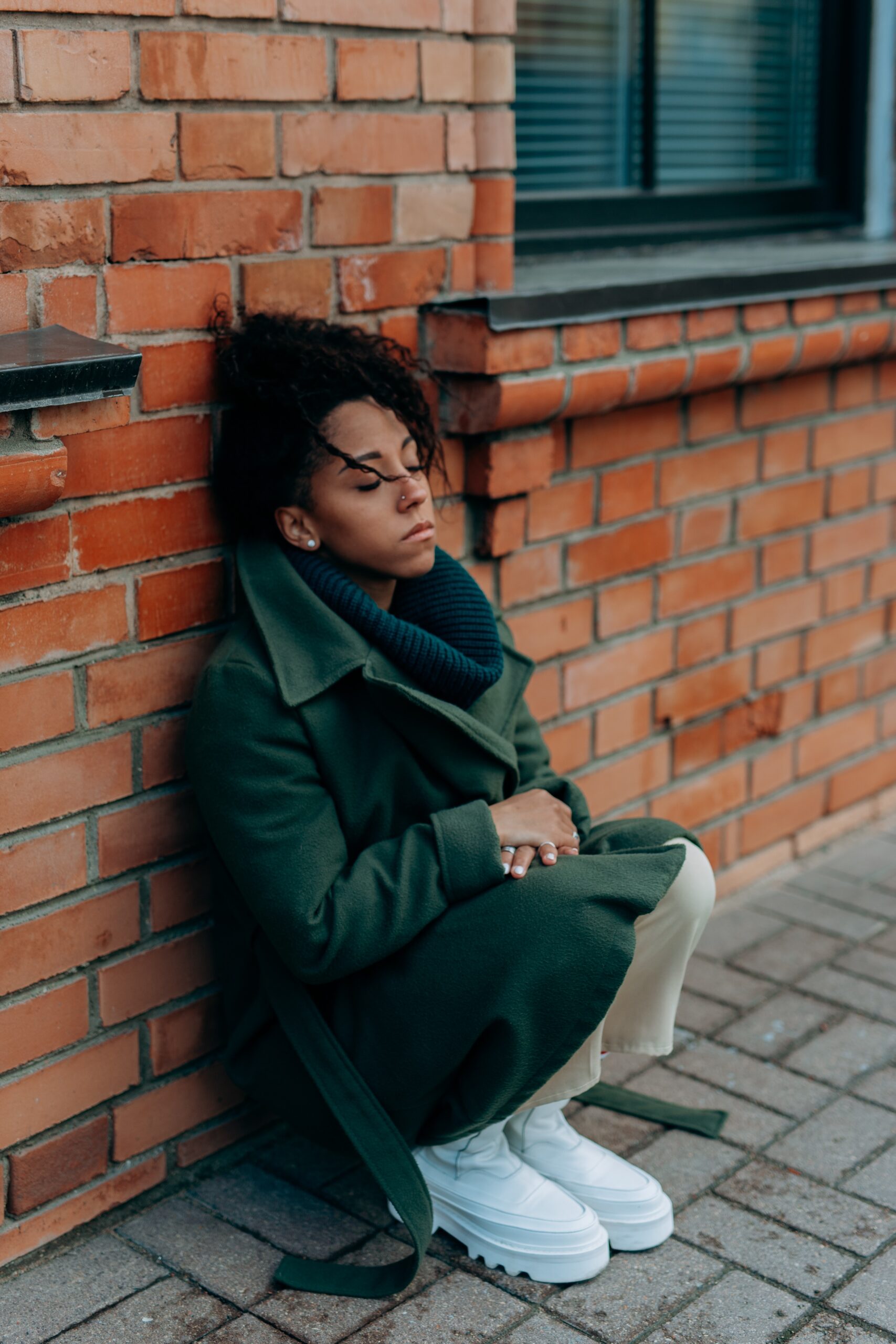Why alcohol is actually making you depressed
Depression can be triggered by alcohol consumption, and alcohol usage can also contribute to depressive symptoms in other ways. South Africa is home to a burgeoning population of recovering addicts, counsellors, and specialists, making it an excellent setting for drug rehabilitation centres. Get in touch with us for more information on our South Africa treatment centre.
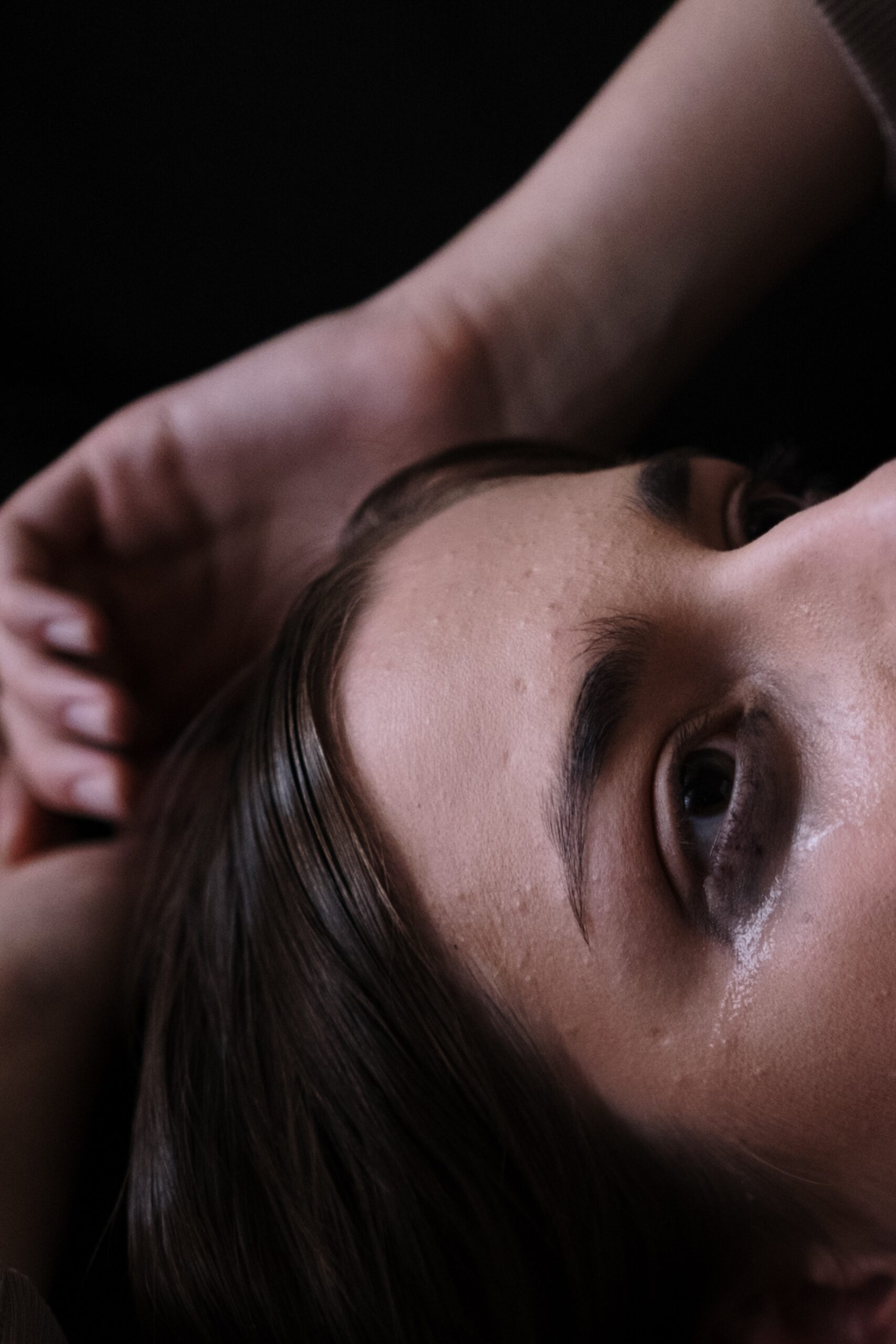
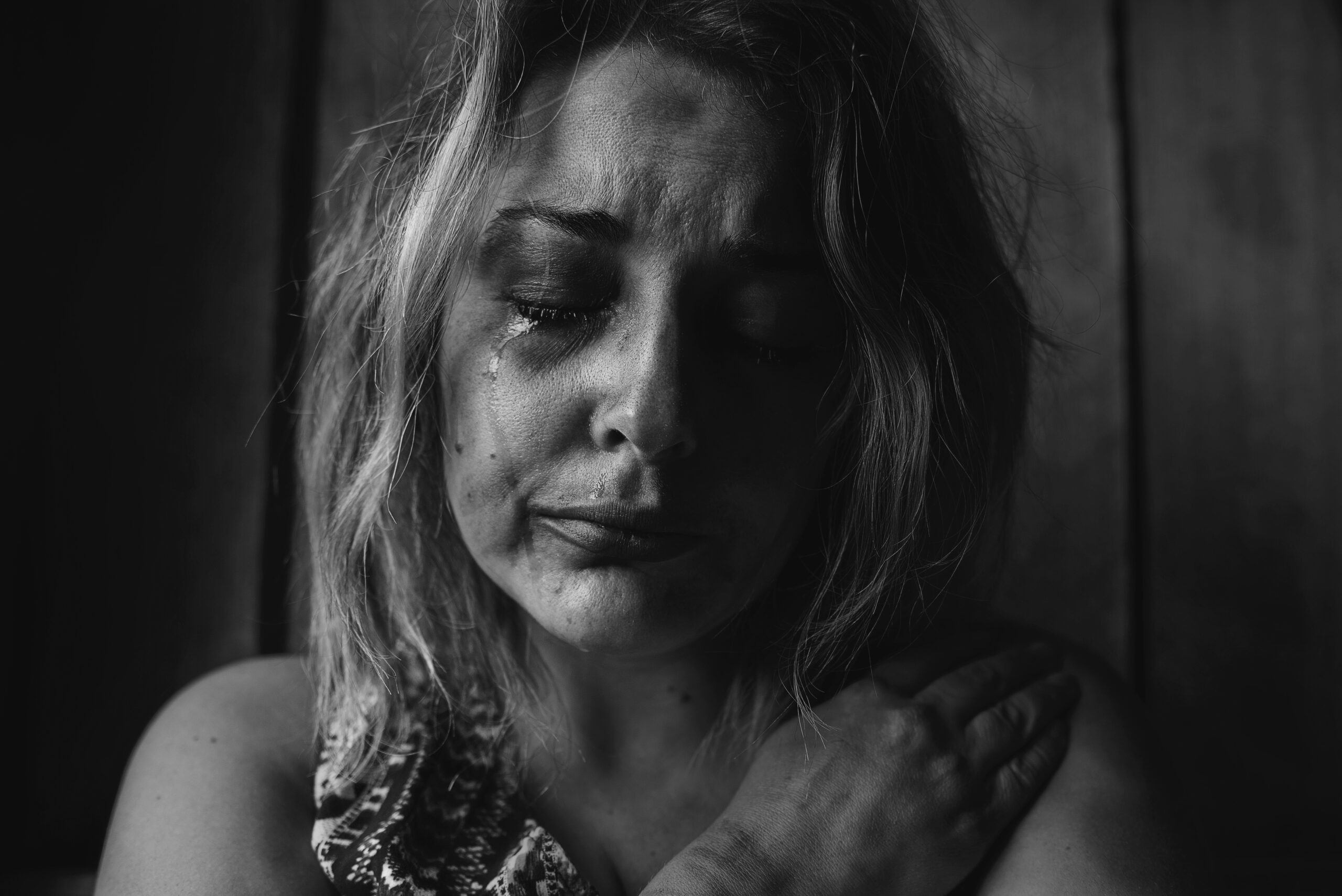
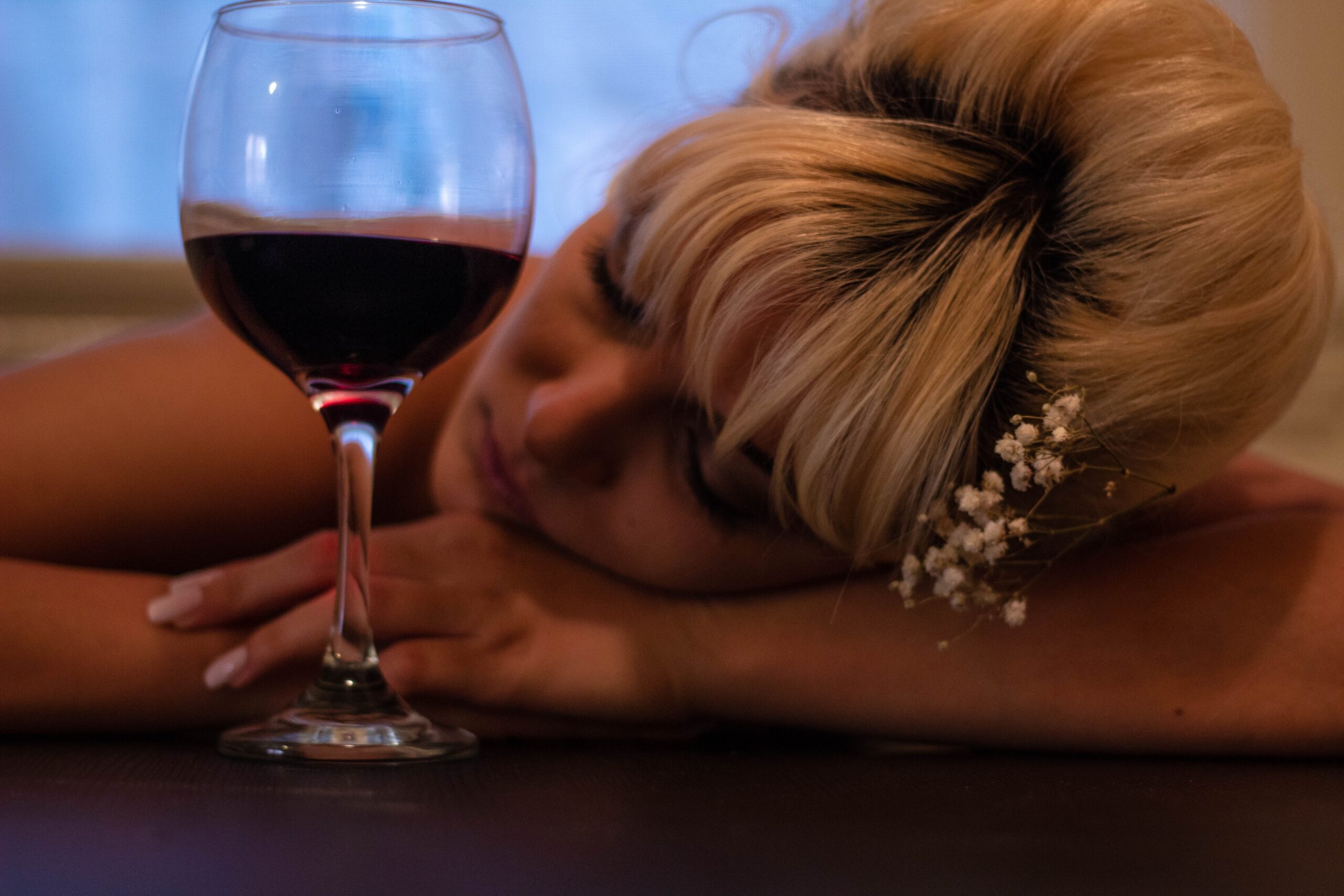
Alcohol is actually a depressant
As alcohol is a depressant, drinking can actually make you feel worse. In the short-term, the intoxicating effects of alcohol are often misunderstood because it stimulates the brain’s reward system and causes a surge of dopamine. Dopamine is released when you drink, making you feel good and reinforcing your urge to drink. Yet alcohol also has additional effects on your central nervous system. To be more specific, it blocks the action of neurotransmitters like serotonin and norepinephrine, which play a role in maintaining a balanced emotional state.


